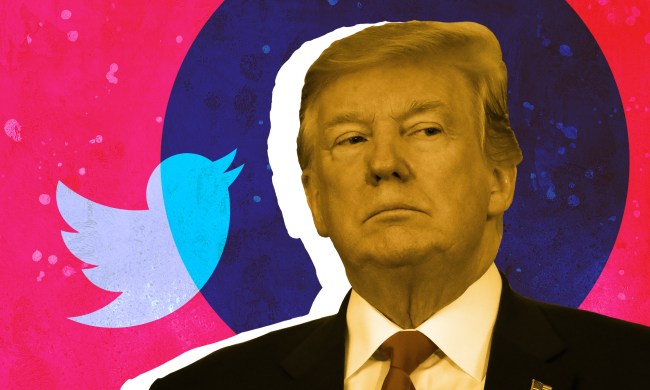Twitter needs a check-up and the company is asking for help to determine what, exactly, a healthy social network looks like. On Thursday, March 1, Twitter opened submissions for Twitter health metrics proposals, asking the research community to share ideas on standards to measure just how well Twitter is doing.
Twitter CEO Jack Dorsey said that Twitter is about instant, public conversation but admits that the company didn’t understand the potential consequences of such a platform. “We have witnessed abuse, harassment, troll armies, manipulation through bots and human-coordination, misinformation campaigns, and increasingly divisive echo chambers. We aren’t proud of how people have taken advantage of our service, or our inability to address it fast enough,” he wrote via tweet. “While working to fix it, we’ve been accused of apathy, censorship, political bias, and optimizing for our business and share price instead of the concerns of society. This is not who we are, or who we ever want to be.”
To measure the network’s progress, Twitter is building a set of standards that determine just how healthy the platform is for society. Dorsey says that, like doctors use factors like body temperature as indicators of health, Twitter should also have a set of measurable indicators that show how healthy — or unhealthy — the platform is. Those standards will be used to measure health, keep the company accountable, measure progress, and “establish a way forward for the long term.”
Twitter isn’t going to develop this system based suggestions from any random user or internal staff but is looking for “independently vetted” metrics from outside experts. Organizations and research groups with successful proposals will receive funding from Twitter, but the company expects the resulting research to be peer-reviewed and readily accessible, and if software is involved, open source. The first projects selected will be announced in July.
Dorsey points to four health indicators suggested by the nonprofit organization Cortico and based on Massachusetts Institute of Technology Media Lab research as examples but said the company doesn’t know if those are the right metrics yet. Cortico’s proposed metrics include a shared attention or overlap in the discussion, shared reality or using the same facts, variety or exposing different opinions, and receptivity.
In 2017, Twitter overhauled several rules in response to harassment on the platform and recently also made adjustments designed to help curb the use of bots. Trolls, abuse and misinformation campaigns are also among Dorsey’s list of problems. Twitter’s work in fixing abuse on the platform hasn’t always been met with a positive response from users — for example, on the same day Twitter announced new rules to purge bots, conservative users accused the platform of censoring right-winged views more than others.
“What we know is we must commit to a rigorous and independently vetted set of metrics to measure the health of public conversation on Twitter. And we must commit to sharing our results publicly to benefit all who serve the public conversation,” Dorsey said.


